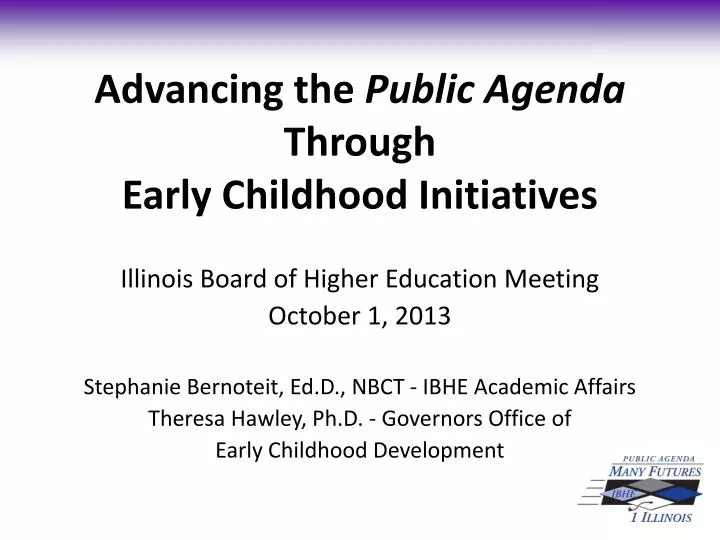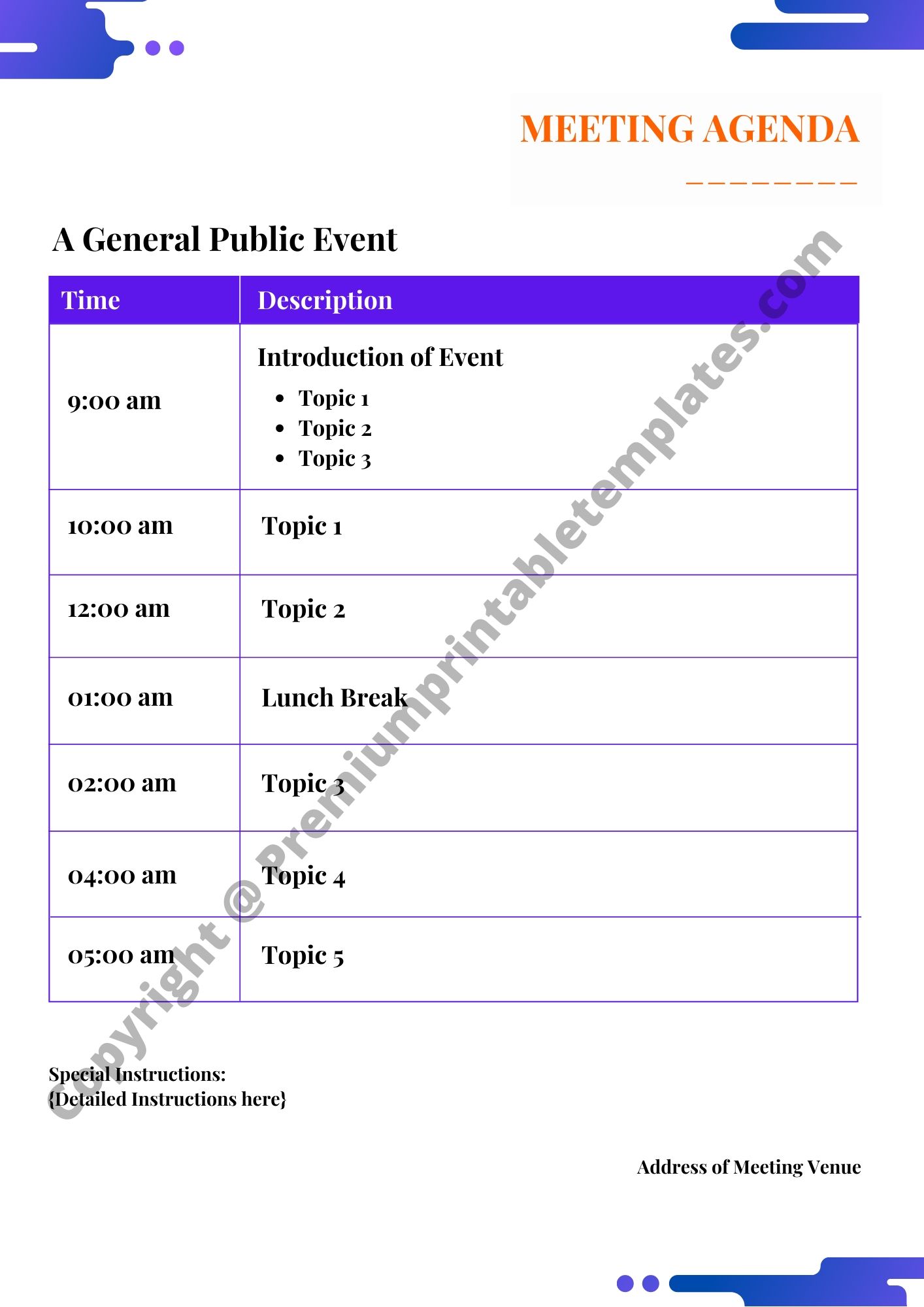

" Media skills are indispensable, especially in a context where interaction with information, but especially with misinformation has become part of our current lives, but also part of the learning process. But we want to form our own and that is why media literacy is necessary, so that we can independently analyze the messages we receive", said Teodor Adrian Chiper, member of the Children's Board supported by UNICEF.

On television or on social networks, different people or personalities transmit their visions and beliefs to us. " In many cases, we are exposed in public to opinions. We can now clearly see the harmful effects of insufficient investment in education: the huge amount of misinformation circulating daily, the speed with which this false information circulates and the dramatic effects it has on human health and our ability to stop the pandemic through vaccination and safety measures", said Pieter Bult, UNICEF Representative in Romania. " Investing in education in general and in media literacy in particular is an investment in our present and future security. The last year has shown us how fast we can have polarized societies, given that the information reaches us from multiple sources", said Cristina Lupu, Executive Director of the Center for Independent Journalism. We are all interested in having children prepared for the real world.
Public agenda how to#
" Through media literacy, we teach students how to identify the correct information, how to decipher a message, whether they see it on TV, Youtube or Instagram or find it out from friends. And, on the other hand, an OECD study shows that the most suitable place for change to take place is the school ", said Roxana Vitan, President of the Romanian-American Foundation and moderator of the first session, held on Friday. Why is media literacy important? Only 1% of 15-year-olds, according to the PISA study, are able to tell the difference between fact and opinion, which is awful for any society. The program is scaled up to 600 teachers from 100 pilot schools. " The media literacy program we have been running since 2016, together with the Center for Independent Journalism, now has a community of almost 100 teachers and has provided educational services to over 17,500 high school students.

( Taken from The Media Literacy Conference "The every day exam: How to pass the disinformation test using media literacy" took place between May 14-15, having been organized by the Center for Independent Journalism with the support of UNICEF, in partnership with the Romanian-American Foundation.ĭuring the two days of the event, students, teachers, journalists and civil society activists were able to listen and watch live, on the Facebook page of UNICEF in Romania and of the Center for Independent Journalism, the representatives of the national and international education authorities, learned how students students graduating from the media education workshops think, met the teachers who transformed the classroom teaching model through their creativity and found out the perspectives of the NGOs that have been contributing to national media education efforts for many years.


 0 kommentar(er)
0 kommentar(er)
